What are the symptoms of lack of electrolytes? If you’re experiencing muscle jerks, confusion, or an erratic heartbeat, your body may be signaling an electrolyte deficiency. These minerals are essential for bodily functions, and their depletion can affect you physically and mentally. Read on to identify other symptoms, understand the risks, and discover ways to restore your body’s electrolyte balance.
Key Takeaways
- Electrolyte imbalances can lead to symptoms including muscle weakness, cramps, mental and emotional changes like confusion and irritability, and in severe cases, irregular heartbeat and blood pressure fluctuations.
- Electrolytes such as sodium, potassium, calcium, and magnesium are crucial for body functions including nerve impulse transmission, muscle contractions, and maintaining hydration levels and fluid balance.
- Causes of electrolyte imbalances can be diverse ranging from intense physical activity, chronic diseases, and certain medications to dietary habits, with treatments including rehydration, diet adjustments, and in serious conditions, medical intervention.
Identifying the Signs: Recognizing Electrolyte Imbalance Symptoms
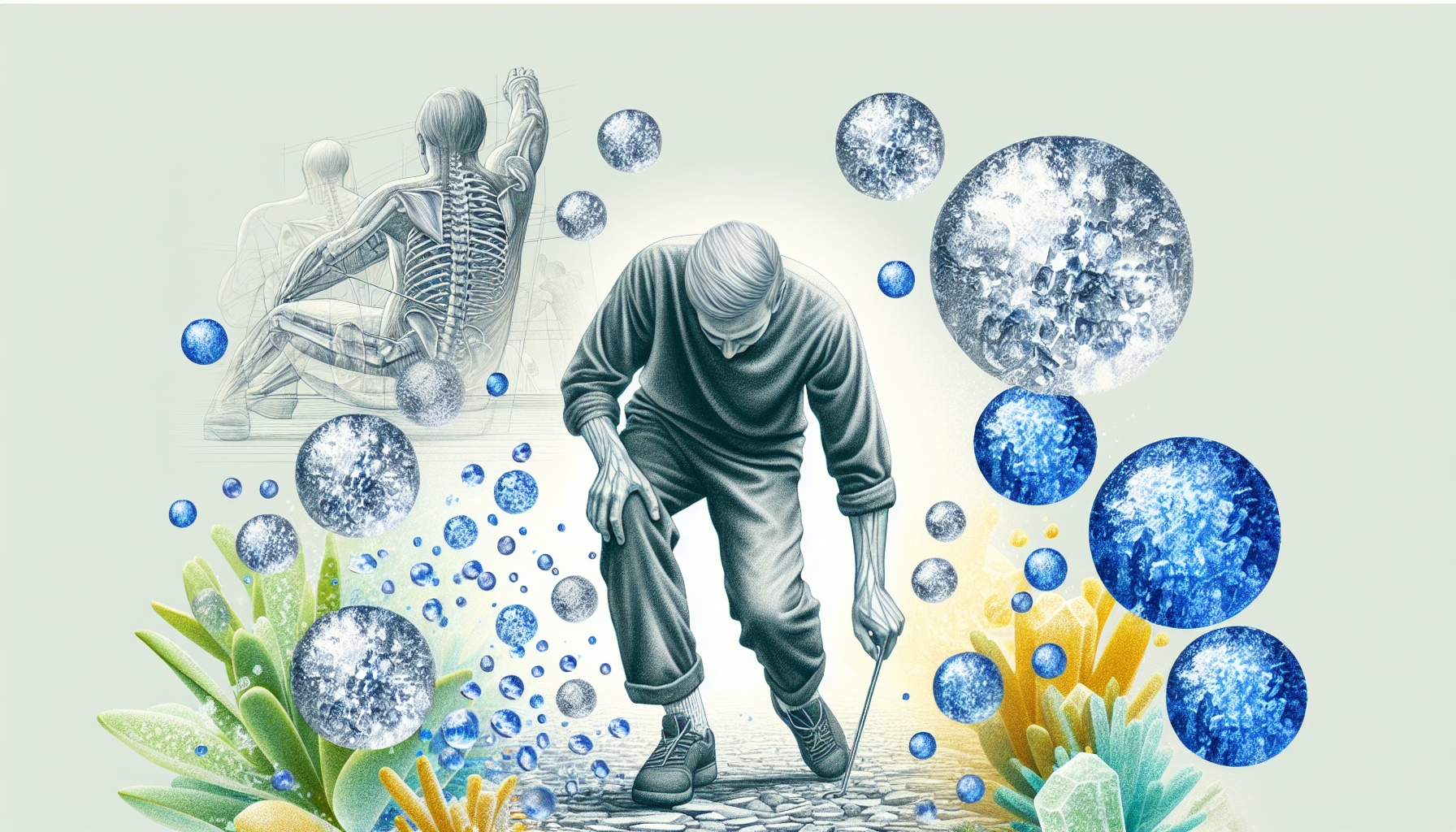
Electrolyte imbalances can present themselves in various ways, often subtly at first. These imbalances occur when the concentration of electrolytes in your body is either too high or too low, which can affect multiple systems in your body. When an electrolyte imbalance occurs, the most common symptoms are muscle weakness, cramps, and an irregular heartbeat. These symptoms can hint at a disruption in muscle and nerve function due to the imbalance.
The impact of electrolyte imbalances can extend beyond physical symptoms. It can also lead to mental and emotional changes such as confusion and irritability. These symptoms may seem unrelated at first, but they are an indication of the broad influence of electrolyte balance in maintaining your body’s health.
Muscle Weakness and Cramps
Muscle weakness and cramping are often some of the first noticeable signs of electrolyte imbalance. This is because electrolytes play a critical role in nerve and muscle function, including the regulation of muscle contractions.
If you’ve ever experienced a sudden muscle cramp during exercise, you’ve felt the effects of electrolyte imbalance first hand. Overexertion, especially in hot weather, can lead to excessive sweating and the loss of electrolytes, leading to muscle cramps. This is your body’s way of telling you that it needs to replenish its lost electrolytes.
Mental and Emotional Changes
In addition to physical symptoms, electrolyte imbalances can lead to changes in mental and emotional wellbeing. For example, an electrolyte imbalance affecting the brain can cause:
- Confusion
- Irritability
- Mood swings
- Anxiety
- Depression
Addressing electrolyte imbalances is crucial for maintaining overall health and well-being, as well as balancing body fluids, and understanding the role of electrolyte imbalance electrolytes can help in achieving this balance.
You may also experience irritability and difficulty concentrating, further emphasizing the wide-ranging effects of electrolyte imbalances on the body. These symptoms are a sign that your body’s electrolyte balance is disrupted, and your nerve function is being affected.
Irregular Heartbeat and Blood Pressure Fluctuations
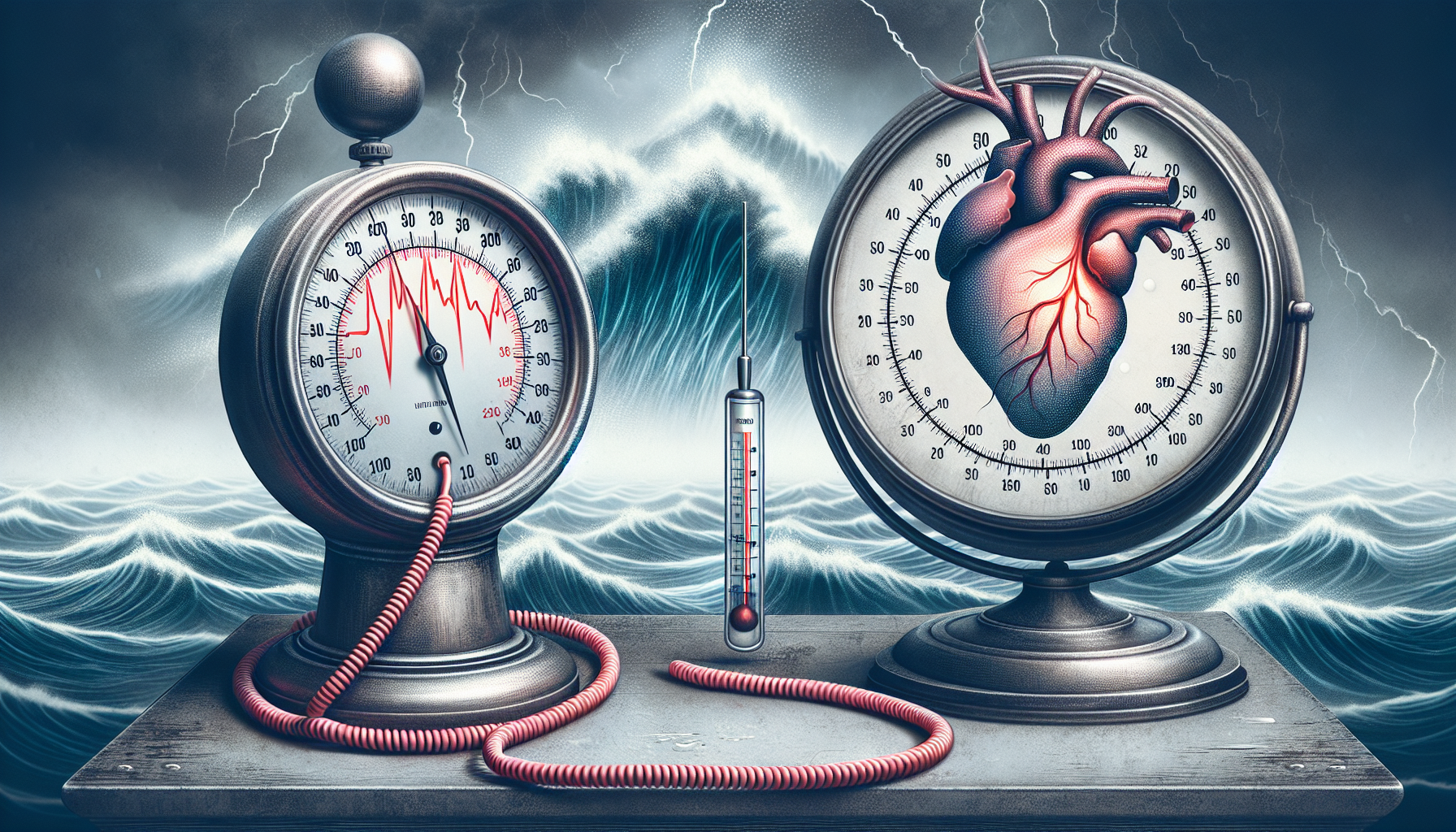
Electrolyte imbalances have far-reaching effects on the body, including the heart and blood vessels. Potassium, an important electrolyte, plays a critical role in regulating heart function and maintaining healthy nerves and muscles. An imbalance in potassium levels can thus lead to irregular heartbeats and changes in heart rate.
Severe electrolyte imbalances can also lead to fluctuations in blood pressure, one of the life-threatening symptoms of an electrolyte imbalance. In extreme cases, electrolyte imbalances can result in conditions such as heart arrhythmia and even cardiac arrest. To stabilize blood pressure, it is crucial to address these electrolyte imbalances.
The Role of Electrolytes in Your Body
Electrolytes, including sodium, potassium, calcium, and magnesium, play a crucial role in our body’s function. They are essential minerals found in body fluids and tissues, and they regulate various bodily functions such as nerve impulses, muscle contractions, and hydration levels.
Maintaining a healthy electrolyte balance is thus vital for the body to function effectively. It’s not just about having enough of these minerals, but also about maintaining the right balance. Disruptions in this balance can lead to electrolyte imbalances, which can adversely affect your health.
Electrolytes and Nerve Impulses
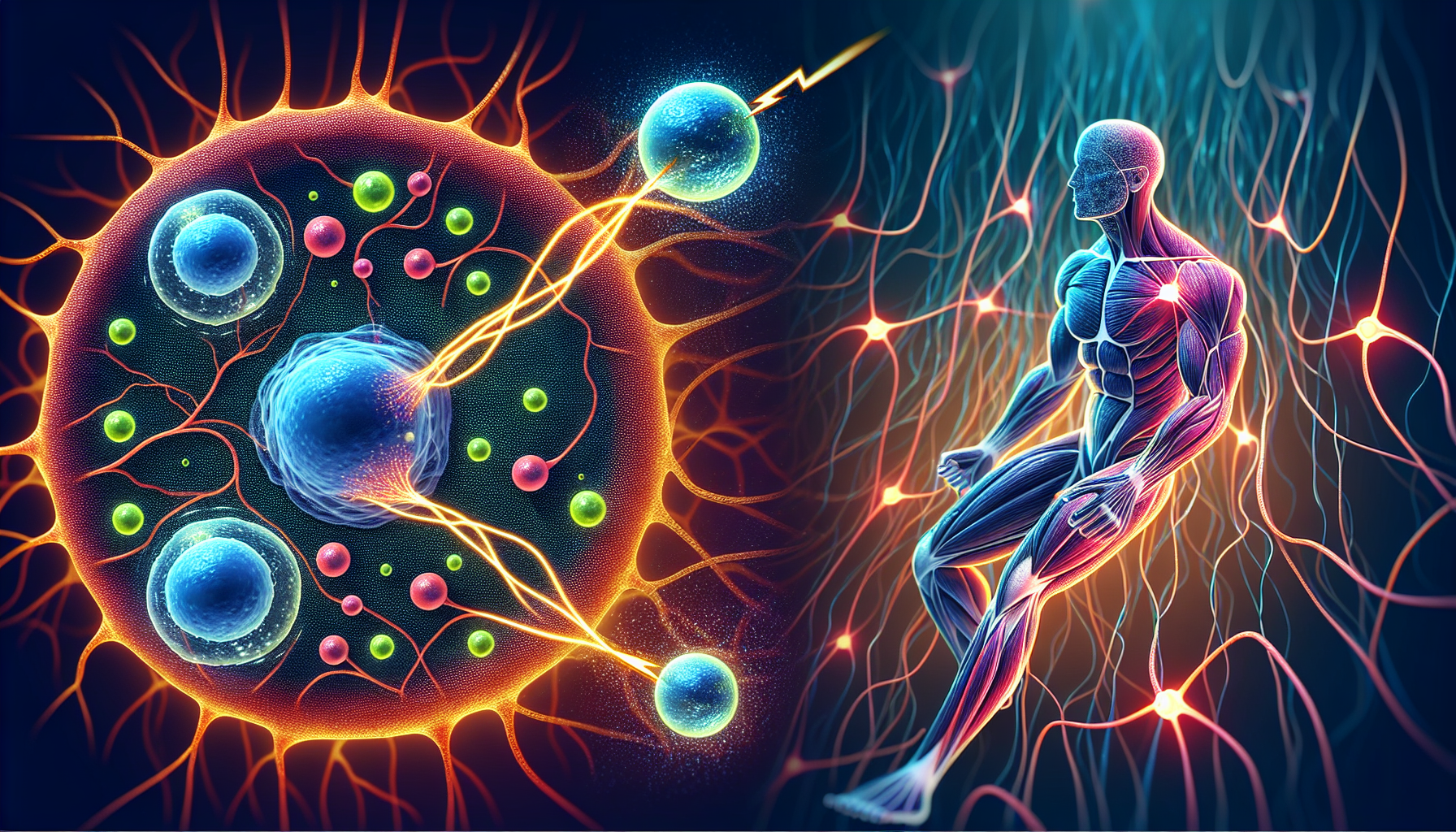
Electrolytes play a significant role in conducting nerve impulses. They regulate the flow of ions across nerve cell membranes, which is essential for transmitting nerve impulses.
An example of this is how sodium ions moving into a nerve cell create an electrical charge difference, which is crucial for transmitting nerve impulses. Once the impulse has been transmitted, the sodium-potassium pump restores the balance of ions in the nerve cells, making them ready for the next impulse.
Fluid Levels and Electrolyte Balance
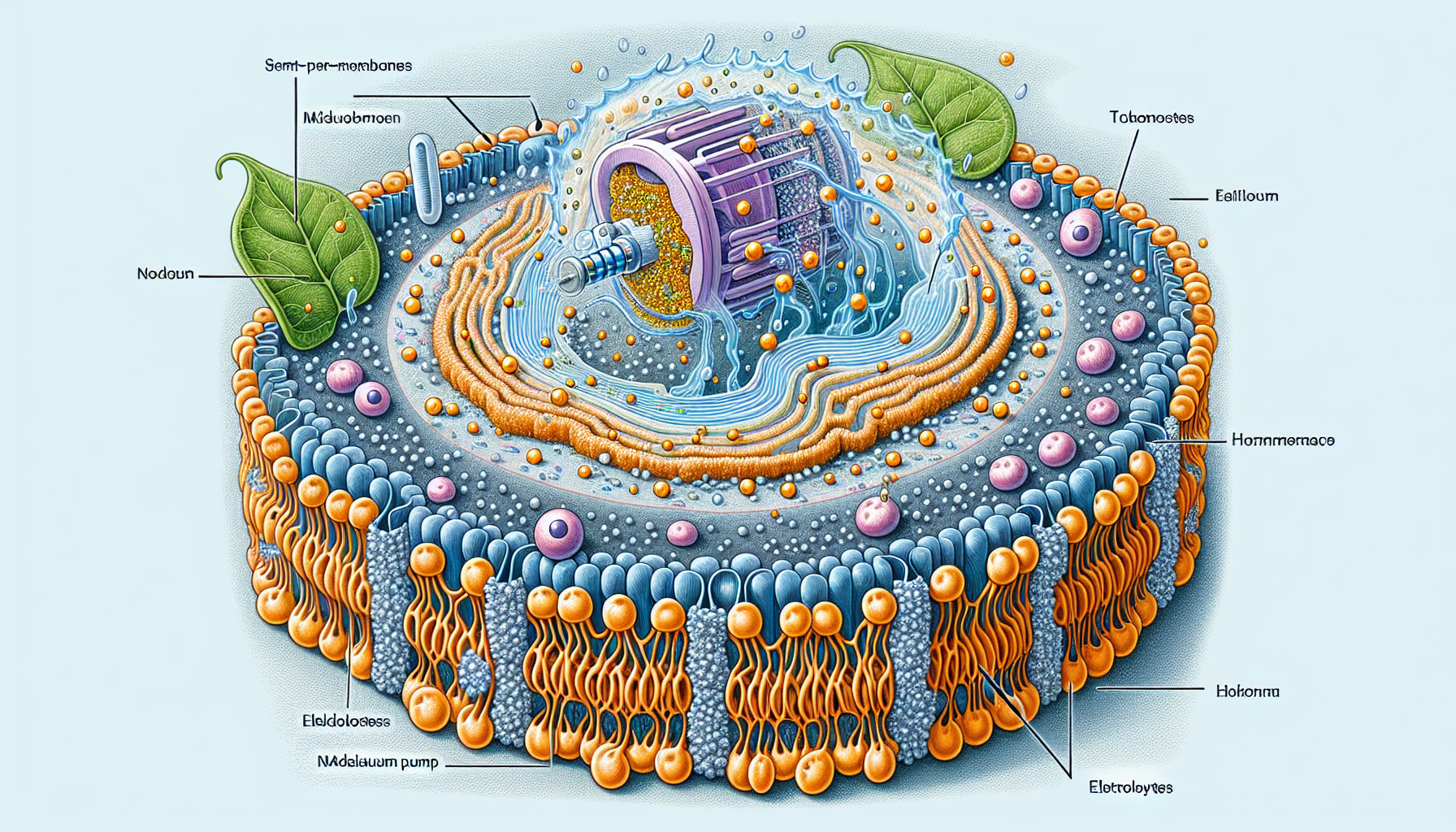
Electrolytes also play a critical role in maintaining fluid balance in the body, including other body fluids. For instance, sodium chloride, the most abundant electrolyte in extracellular fluid, controls water movement into and out of cells through osmosis.
The sodium-potassium pump is a critical cellular mechanism for maintaining water balance with the surrounding environment. The movement of fluids in the body is influenced by hydrostatic and oncotic pressures, which facilitate the exchange of fluids and solutes across capillary walls.
When the Balance Tips: Causes of Electrolyte Imbalance
A multitude of factors can cause electrolyte imbalances. These include:
- Intense physical activity
- Vomiting
- Diarrhea
- Liver cirrhosis
- Heart and kidney diseases
- Diabetes
- Eating disorders
- Severe burns
- Certain cancers
Chronic illnesses, poor dietary habits, and the use of certain medications can also contribute to the development of electrolyte imbalances. Understanding these varied causes is crucial for both preventing and addressing these conditions effectively.
Chronic Conditions and Kidney Disease
Chronic conditions like kidney disease and heart failure can significantly impact your body’s electrolyte balance. For instance, chronic kidney disease can lead to abnormal electrolyte levels due to the kidneys’ impaired ability to filter and reabsorb essential substances.
People with chronic kidney disease or those taking specific medications are more likely to experience disturbances in normal electrolyte balance. Similarly, heart failure can create challenges for the body in maintaining proper fluid and electrolyte levels, thereby contributing to electrolyte imbalances and electrolyte disorders.
Medications and Treatments
Certain medications that can disrupt electrolyte balance include:
- Diuretics
- Antibiotics
- Chemotherapy drugs
- Some immunosuppressant medications
- Excessive antacids and calcium
- Laxatives
- Seizure medications
- Lithium
These medications are known to interfere with kidney function or increase electrolyte excretion, leading to an imbalance.
These medications can interfere with the natural balance of electrolytes in the body, which can lead to electrolyte imbalances. Such imbalances can pose a significant health risk if not addressed promptly.
Dietary Factors
Our diet plays a crucial role in maintaining electrolyte balance. Modern diets high in animal protein and salt, but low in fruits, vegetables, and water, can lead to electrolyte imbalances requiring extensive homeostatic adjustment.
On the other hand, certain beverages like coconut water can be beneficial for hydration and maintaining electrolyte balance. However, it’s important to note that not all beverages contribute positively to electrolyte balance. Carbonated soft drinks, fruit juices, and energy drinks, for instance, are high in sugar and lack nutritional value, which may contribute to electrolyte imbalances.
Restoring Harmony: How to Replenish Lost Electrolytes
Electrolyte imbalances can be corrected. Rehydrating with electrolyte drinks or an oral rehydration salt (ORS) solution is essential for treating dehydration caused by electrolyte imbalances.
Depending on the underlying conditions, treatments may involve oral supplements or could be managed without medical intervention. Diet also plays a crucial role, with dairy products like milk and cheese, and white meat like turkey, being important dietary sources of electrolytes.
Hydration and Fluid Intake
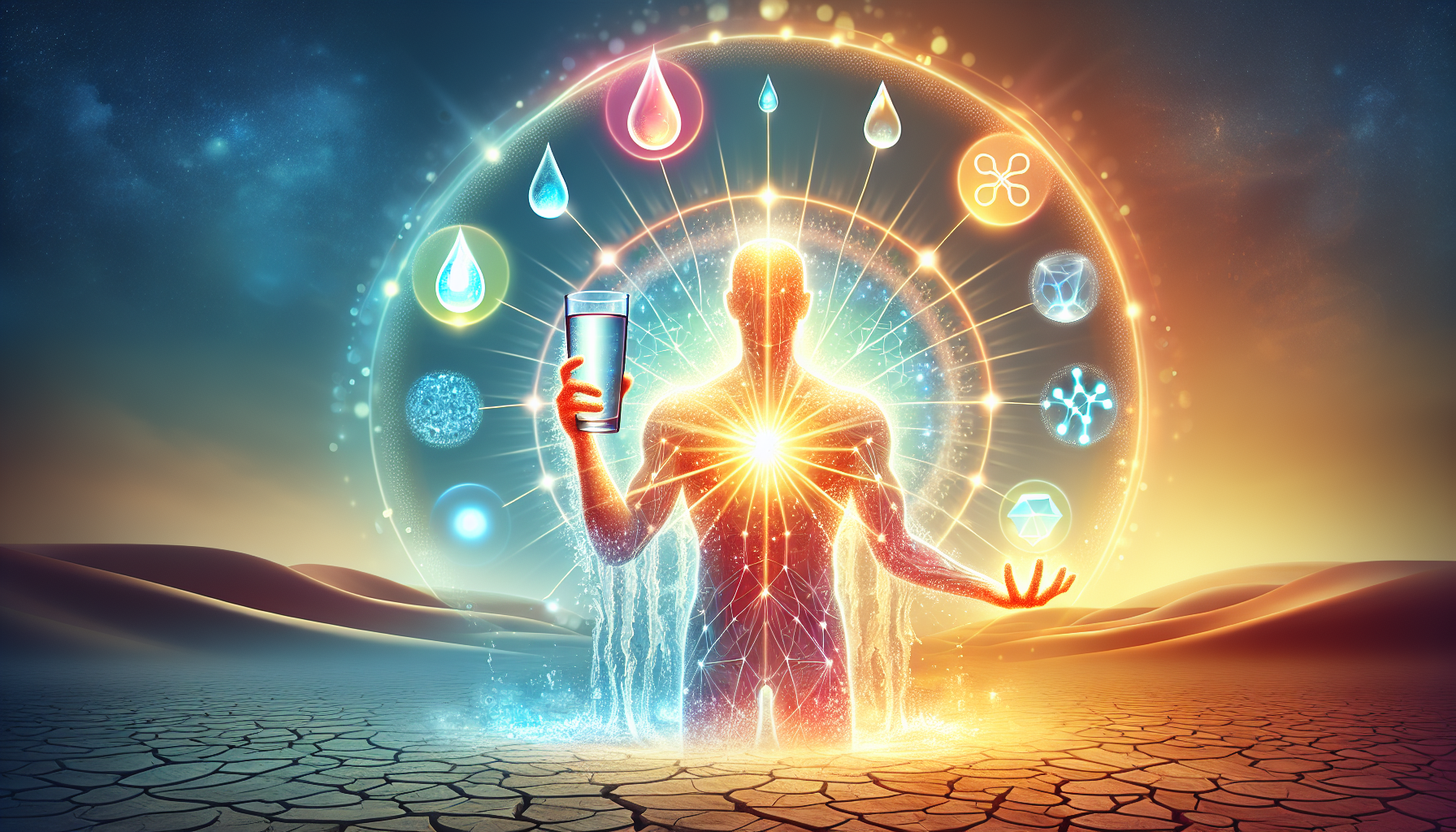
Proper hydration and fluid intake are essential for restoring electrolyte balance. Water is the most natural and efficient way to hydrate and replenish lost electrolytes without added sugars or calories.
In addition to water, beverages like coconut water, pomegranate juice, and watermelon can help restore electrolytes, providing significant amounts of potassium. During activities longer than 30 minutes, sports drinks with electrolytes and carbohydrates are advised to maintain electrolyte balance. However, caution is advised due to their potential high sugar content.
Food Sources Rich in Electrolytes
Increasing potassium intake through dietary changes is a practical approach to addressing minor electrolyte imbalances. Foods rich in potassium, such as bananas and avocados, are excellent for this purpose.
A variety of foods can help maintain electrolyte levels, as they are rich in electrolytes. Some examples include:
- Potatoes
- Oranges
- Strawberries
- Turkey
- Spinach
After exercising, especially in hot conditions, it’s beneficial to consume nutrient-rich meals and salty snacks to restore lost electrolytes.
When to Seek Medical Attention
Depending on the severity of the electrolyte imbalance, it may be necessary to seek medical attention. An electrolyte panel, a blood test that assesses the levels of electrolytes in the body, can be ordered if a person is experiencing symptoms that may indicate an electrolyte balance issue.
In certain conditions, medical treatments such as hemodialysis may be employed to correct electrolyte imbalances. Moreover, individuals who regularly engage in extreme physical activity or have medical conditions impacting fluid and electrolyte regulation should seek consultation with a physician to understand individualized fluid and electrolyte requirements.
Preventive Measures: Avoiding Electrolyte Depletion
Prevention is always better than cure, and electrolyte imbalances are no exception. Maintaining proper hydration is crucial to prevent electrolyte depletion, and it’s recommended to consume at least 8 to 10 cups of water daily.
For athletes or those engaging in physical activity, the intake may need to be increased to compensate for fluids lost during exercise. In addition to hydration, there are several other preventive measures that individuals can take to avoid electrolyte depletion.
Monitoring Fluid Intake During Physical Activity
Maintaining proper hydration before, during, and after physical activity is crucial for preventing electrolyte imbalances. The guideline suggests:
- Two cups of fluid two hours before physical activity
- 4 to 6 ounces every 15 to 20 minutes during physical activity
- Sufficient fluid intake post-exercise to rehydrate.
You can monitor your hydration by observing your urine color or by measuring your body weight before and after a workout. For each pound lost, it’s recommended to consume 2 cups of fluid. For activities longer than 30 minutes, it’s advised to consume sports drinks with electrolytes and carbohydrates to maintain electrolyte balance.
Awareness of Environmental Factors
Environmental factors, such as weather conditions, can significantly influence electrolyte balance. For instance, excessive sweating in hot weather can cause a significant loss of body fluids, leading to an electrolyte imbalance.
To avoid electrolyte depletion, it is advised not to engage in strenuous activities during hot weather without proper hydration. By being aware of these environmental factors and adjusting your activities and hydration accordingly, you can help maintain a healthy electrolyte balance.
Understanding Individual Risk Factors
Individual risk factors can significantly influence electrolyte balance. For example, age and chronic diseases such as diabetes and high blood pressure can affect how the body regulates and balances electrolytes.
Also, the use of certain medications, such as diuretics and some blood pressure drugs, can increase the risk of electrolyte imbalance. Even your lifestyle habits, such as regular consumption of caffeine or frequenting saunas, can potentially upset electrolyte balance. Understanding these risk factors can help you make informed decisions to maintain a healthy electrolyte balance.
Summary
In conclusion, maintaining a healthy electrolyte balance is crucial for our body’s optimal function. Recognizing the symptoms of electrolyte imbalances, understanding their causes, and knowing how to replenish lost electrolytes are essential for our overall health. Equipped with this knowledge, you are now better prepared to maintain a healthy electrolyte balance and prevent the potential health complications that can arise from electrolyte imbalances.
Frequently Asked Questions
What are the signs of an electrolyte imbalance?
If you experience muscle weakness, cramps, confusion, irritability, or irregular heartbeat, you may be experiencing signs of an electrolyte imbalance. Pay attention to these symptoms and consult a healthcare professional for further evaluation.
What causes electrolyte imbalances?
Electrolyte imbalances can be caused by factors such as intense physical activity, vomiting, diarrhea, chronic illnesses, poor dietary habits, and certain medications. These conditions can disrupt the balance of essential minerals in the body and lead to electrolyte imbalances.
How can I replenish lost electrolytes?
To replenish lost electrolytes, you can rehydrate with electrolyte drinks, consume foods rich in electrolytes, and maintain proper hydration and fluid intake. This will help restore your body's electrolyte balance.
How can I prevent electrolyte depletion?
To prevent electrolyte depletion, focus on maintaining proper hydration, monitoring fluid intake during physical activity, being mindful of environmental factors, and understanding individual risk factors. These steps can help you maintain a healthy balance of electrolytes in your body.
When should I seek medical attention for electrolyte imbalances?
You should seek medical attention for electrolyte imbalances if you experience symptoms or have a condition affecting fluid and electrolyte regulation. It's important to consult with a physician in these cases.
You Might Also Like...












